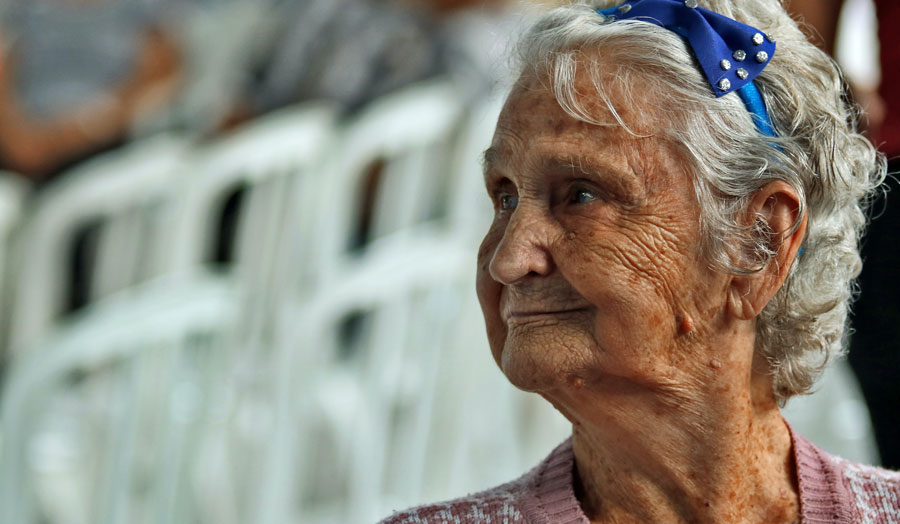A new research paper from London Met and the University of Sheffield looks into the challenges that migrants face with regard to ageing.
Date: 21 April 2021
New research from London Met's Professor Louise Ryan, together with colleagues from the University of Sheffield, explores the experience of ageing among migrants in London and Yorkshire.
The newly-published research paper, Analysing migrants' ageing in place as embodied practices of embedding through time: 'Kilburn is not Kilburn any more', looks into how older age brings new challenges that can disrupt embedding, undermining feelings of belonging in particular places.
The authors explain, "for those who arrived in Britain to work, ageing and retirement may raise questions about return to the country of origin. But return is not necessarily easy as 'home places' also change over time and migrants may no longer feel a sense of belonging there—feeling 'out of place'.
"As the older generation 'back home' die off, migrants' closest relatives may be in the destination country, creating significant ties to particular places."
Drawing on qualitative data, the authors analyse the experiences of three groups of ageing migrants who have been less visible in research and policy (Caribbean, Irish, and Polish) and of those living in two U.K. sites (London and Yorkshire).
Using the concept of embedding, they analyse migrants' identifications with and attachment to particular places over time.
In doing so, they highlight not only how migrants negotiate dynamic local places through embodied ageing processes but also how these negotiations may be mediated by wider sociopolitical events including Brexit and the 'Windrush scandal'.
Drawing on rich qualitative data from different migrant groups now in advanced old age, the article illustrates the ongoing efforts and negotiations of place‐making over time.
The research found that, "Upon arrival in the post‐war era, our participants encountered new places as unfamiliar and unwelcoming.
"Ethnicity was usually the key marker of difference and even a site of discrimination. Over time, through the life‐course, our participants developed strategies and drew upon networks including faith and ethnic associations, to create a sense of belonging.
"It would be misleading, however, to assume that once this level of belonging had been achieved it could be taken for granted. The concept of embedding highlights the dynamism of belonging and attachments in place, through the life course. As discussed in this paper, as well as requiring ongoing effort over time, embedding may be constrained by material obstacles, relational changes and broader sociopolitical contexts."
The paper is published in journal Population, Space and Place, and is available on an open-access basis.

